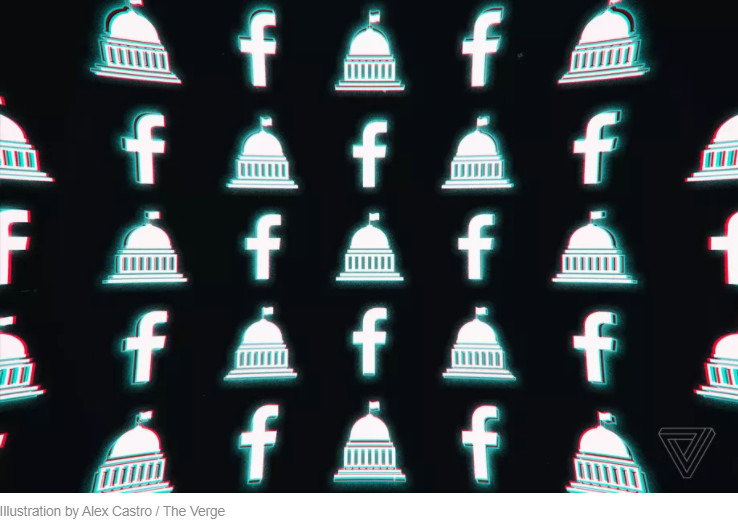
Social-Media
Facebook promised to license its network and its code to escape antitrust acts.

Following the landmark litigation by the Federal Trade Commission against Facebook, the Washington Post is disclosing additional aspects of the company's discussions with authorities in the run-up to the case, including an unprecedented bid to sell the code and network to rivals.
According to the Post's article, Facebook was able to drastically change its market policies in order to escape lawsuits, with one step allowing another firm or developer to license access to its powerful code—and its users' complex web of relationships—so that they could more easily create their own version of a social network.
In the end, the FTC rejected Facebook's bid, filing an antitrust lawsuit against the firm on 9 December. The case argues that Facebook used its platform control to stifle competition and attempts to unwind the acquisitions of WhatsApp and Instagram.
It's not clear what kind of platform licensing scheme will look like in reality, but it's a tantalizing idea for some tech reformers, particularly thinkers like Harold Feld and Tim Wu, who have been searching for ways to make it simpler for users to swap platforms. This sort of licensing agreement will encourage upstarts like TikTok to obtain access to many of Facebook's most popular tools—but it's not clear if it will generate real competition for the firm.
Facebook is now facing new criticism over the supposed arrangement with Google to coordinate ad networks. The Wall Street Journal's latest article on Monday night presented descriptions of the ad network deal between the two firms, as outlined in the lawsuit brought against Google by the Texas Attorney General. According to the suit, the deal ensured that Facebook will win a certain number of bidding on the company's auction site, possibly constituting a conspiracy between the two firms.
According to the Journal's article, the transaction was specifically encouraged by Facebook COO Sheryl Sandberg, who assured CEO Mark Zuckerberg that the agreement was a big deal strategically. Facebook executives were also given detailed and clear guidance about how to prevent antitrust infringements.
Both firms dispute the claim, but a substantial portion of the state's evidence is yet to be provided. AG Paxton's ad tech claims are incorrect, the Google spokesperson told The Verge. We're not manipulating the auction, and Facebook's participation in Open Bidding doesn't prevent the company from participating in the header bidding or any other similar auction.
